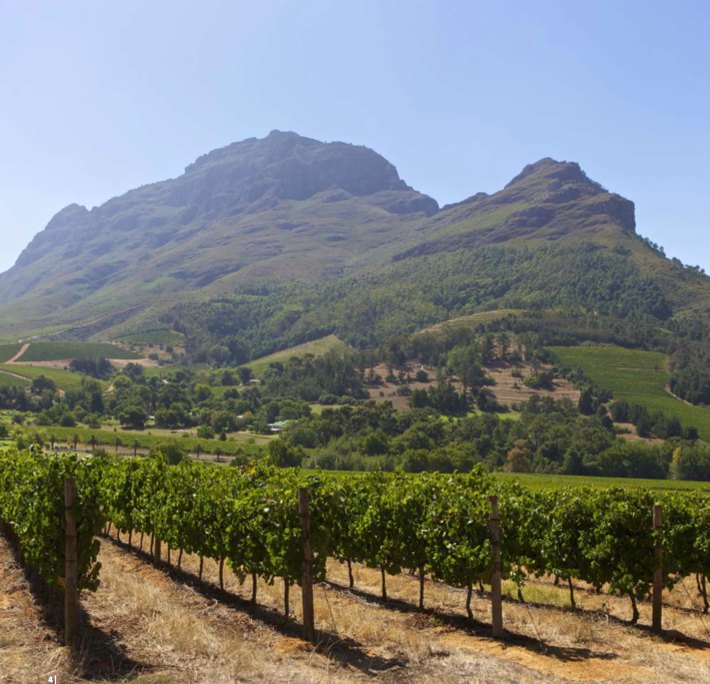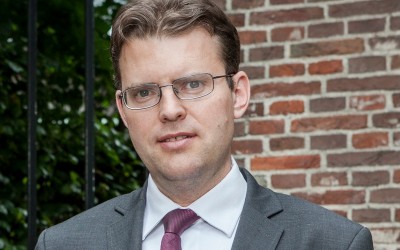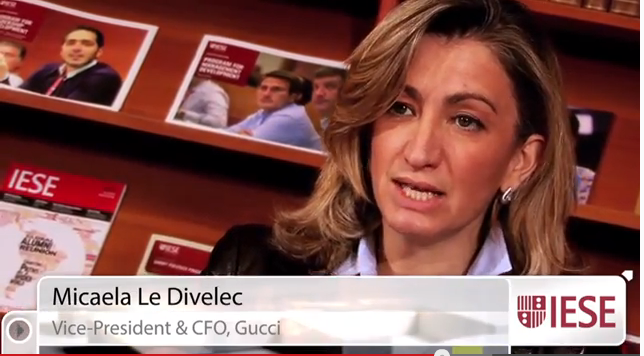The African continent offers huge growth potential for international investors. Coming from a low base, it is relatively easy for African economies to achieve high growth and companies’ valuations are still very reasonable.
The proportion of African equities in institutional investors’ portfolios is quite small however. The exposure they do have is usually to South Africa, as part of an allocation to emerging markets. The amount of listed equities in African frontier markets is still modest and only a few of them trade in big volumes every day. However, as investors’ interest in African frontier markets is growing, we expect this to change gradually.
Equity culture
This change will take place through two channels: the establishment of more stock exchanges and an increase in the number of companies going public. Algeria and Angola, for example, have concrete plans to introduce stock exchanges in the next three to five years. These are countries with large companies and local investors with a lot of money to invest. We see that the English-language countries, such as Kenya and Nigeria and, to a lesser extent, Ghana and Zambia, already have some sort of equity culture. This is less the case in countries with a French colonization history, such as Cameroon.
The investment case for Africa has many drivers African companies operate in a difficult environment in terms of productivity and corruption. We see this as an opportunity, as there is plenty of ‘low-hanging fruit’ that can be plucked to boost efficiency. We already see that the business climate is improving as governments in various countries are improving accountability. Environmental, social and governance (ESG) factors are therefore important to watch.
Another growth driver is the large amount of investments in infrastructure many African countries are making. Not only do these investments benefit, for example, cement companies and banks that finance these investments; they also reduce logistical problems by providing more ports, better roads and cheaper electricity. This should boost economic growth and earnings in other sectors as well. The emerging middle class in various African countries is growing and will drive strong growth in local consumer spending on both basic necessities and discretionary items.
Finally, as very few international investors are active in smaller markets like Botswana, Ghana and Zambia, we believe many stocks in these markets are undervalued. When frontier investors discover these markets, we expect significant share price increases.
Isn’t it risky?
Investing in Africa tends to be perceived as risky. Of course, we do not contend that it’s risk-free. However, we do want to put this notion into perspective. Research shows that over the last 12 years African equities were less volatile than equities in other emerging and frontier regions. This is explained by the fact that the various countries move quite independently from one another as local factors play an important role.
In addition, global cyclical downturns are felt to a lesser extent in some African countries because of their strong structural growth. Finally, as African stocks have a low correlation with stocks in the rest of the world, an investment in this continent offers diversification advantages in a portfolio context.
Ebola
Of course any article about Africa has to address Ebola. This big human tragedy has already affected the local economies of the three hardest hit countries: Guinea, Liberia and Sierra Leone. International flights to and from these countries have been canceled and domestic transport has also become very difficult. We do not hold stocks of any companies with significant exposure to the domestic economies of these countries. However, we do hold shares in some mining companies that are active there. Production could be disrupted as some foreign engineers will choose to stay out of these countries in the next few months. The share prices of these mining companies have been under pressure. They currently represent 0.5% of the portfolio.
In Nigeria, which takes up quite a big chunk of our portfolio, we were pleasantly surprised by the very effective way in which the Nigerian government tackled the issue. As per mid-October, Nigeria appears Ebola-free after eight patients died and twelve others fully recovered. Barring unforeseen developments, we expect the consequences for our portfolio to remain limited.
Opinion column by Cornelis Vlooswijk, Senior Portfolio Manager within the Robeco Emerging Markets Equities team.
This publication is intended to provide investors with general information on Robeco’s specific capabilities, but does not constitute a recommendation or an advice to buy or sell certain securities or investment products.



 By Fórmate a Fondo
By Fórmate a Fondo